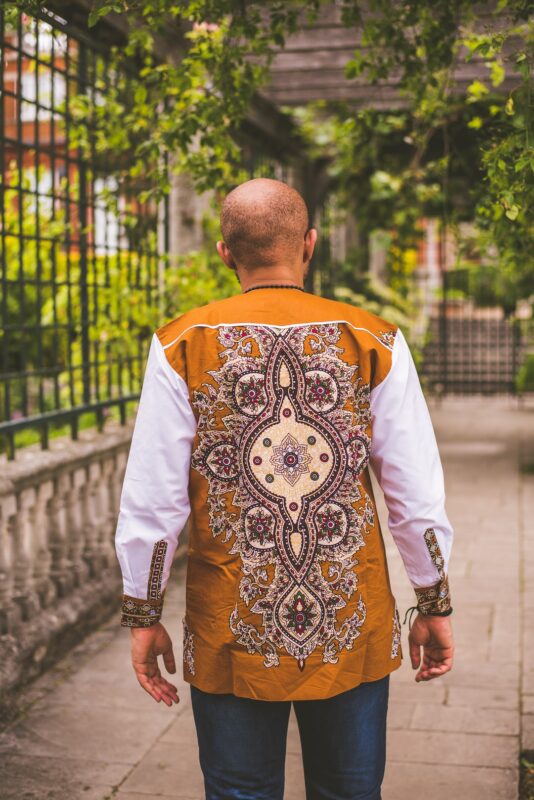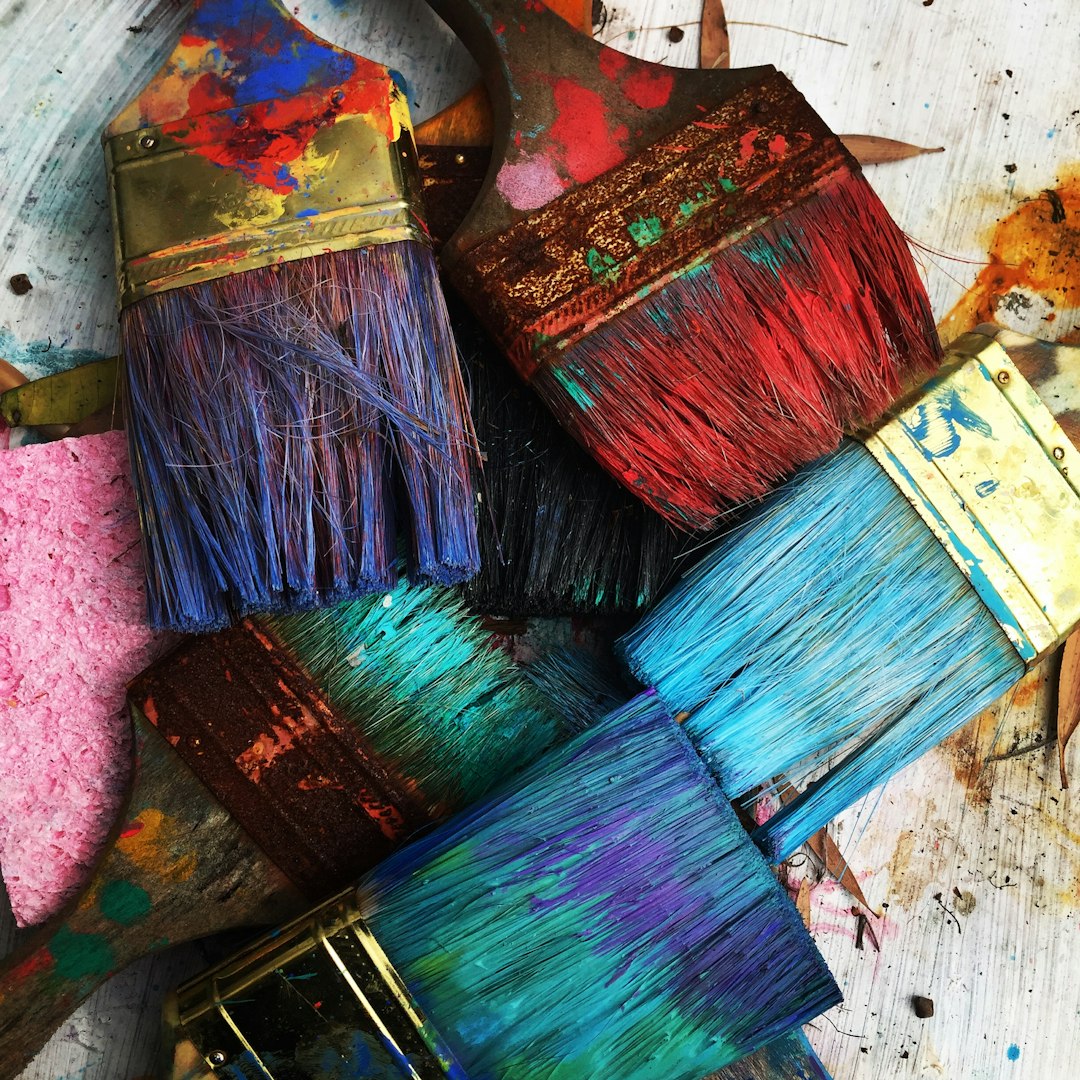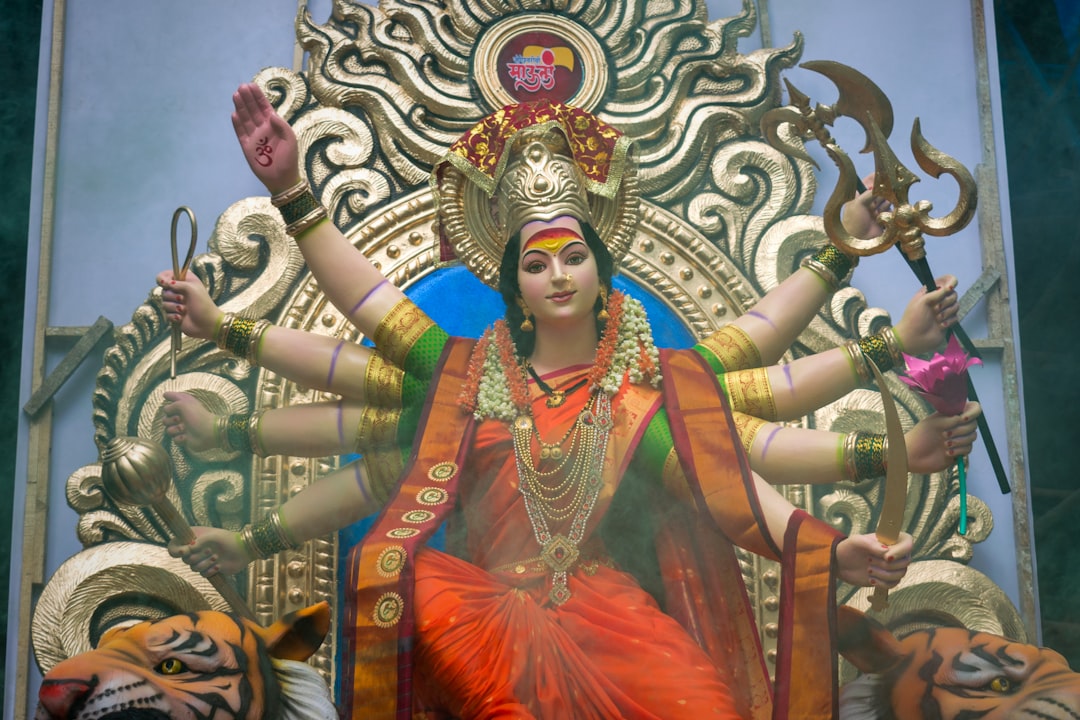Exploring the Rich Cultural Heritage of Africa
Africa is a continent known for its diverse cultures, traditions, and customs. With over 3,000 distinct ethnic groups and languages, Africa is a melting pot of unique and vibrant cultures. From the colorful clothing and intricate beadwork to the traditional dances and rituals, Africa's cultural heritage is rich and diverse. In this article, we will explore the fascinating cultural heritage of Africa and the impact it has on the continent's identity.

The Influence of Traditional African Clothing
Traditional African clothing is a significant part of the continent's cultural heritage. Each region has its own unique style of clothing, with different colors, patterns, and materials. In West Africa, the traditional clothing is made from brightly colored fabrics, while in East Africa, the clothing is more subdued and made from animal skins and furs.
The clothing is not just a fashion statement; it also holds cultural significance. In many African cultures, the clothing is used to signify social status, marital status, and even religious beliefs. For example, the Maasai tribe in Kenya and Tanzania are known for their bright red shukas, which are worn by both men and women and represent their warrior status.
The Beauty of African Beadwork
Beadwork is another essential aspect of African culture. Beads are used to create intricate patterns and designs on clothing, jewelry, and even household items. Each color and pattern has a specific meaning and is used to tell stories and convey messages.
In some African cultures, beadwork is also used as a form of currency and is considered a symbol of wealth and status. The Zulu tribe in South Africa, for example, is known for their intricate beadwork, which is used to decorate their traditional clothing and accessories.
The Significance of Body Art in African Culture

by RhondaK Native Florida Folk Artist (https://unsplash.com/@rhondak)
Body art is a common practice in many African cultures and is used to express identity, social status, and cultural beliefs. In some cultures, body art is also used for medicinal purposes, such as scarification, which is believed to have healing properties.
The patterns and designs used in body art are often passed down from generation to generation and hold deep cultural significance. For example, the Ndebele tribe in South Africa is known for their elaborate body art, which is used to symbolize different stages of a woman's life.
The Importance of Traditional African Dances and Music
Dance and music are integral parts of African culture and are used to celebrate, communicate, and tell stories. Each region has its own unique style of dance and music, with different rhythms, instruments, and movements.
In many African cultures, dance and music are used in religious ceremonies, weddings, and other important events. The traditional dances are often accompanied by drums, which are considered sacred in many African cultures. The rhythms of the drums are believed to connect people to their ancestors and the spiritual world.
The Role of Storytelling in African Culture

by Jason Goodman (https://unsplash.com/@jasongoodman_youxventures)
Storytelling is a vital part of African culture and is used to pass down traditions, history, and cultural values. In many African cultures, storytelling is an oral tradition, with stories being passed down from generation to generation.
The stories are often accompanied by music, dance, and other forms of art, making them engaging and interactive. Through storytelling, African cultures preserve their history and traditions, ensuring that they are not lost over time.
The Impact of Colonialism on African Culture
The arrival of European colonizers in Africa had a significant impact on the continent's cultural heritage. Many traditional practices and beliefs were suppressed or even banned, and Western culture was imposed on African societies.
As a result, many African cultures were forced to adapt and change, leading to the loss of some traditions and customs. However, despite the impact of colonialism, African cultures have managed to preserve their unique identities and continue to celebrate their traditions and customs.
The Importance of Preserving African Culture

by Sonika Agarwal (https://unsplash.com/@sonika_agarwal)
In recent years, there has been a growing movement to preserve and celebrate African culture. This is important not only for the continent's identity but also for the economic and social development of African countries.
Preserving African culture can help boost tourism, as people from all over the world are drawn to the vibrant and diverse cultures of the continent. It also allows for the celebration and recognition of the contributions of African cultures to the world.
The Role of Technology in Preserving African Culture
Technology has played a significant role in preserving African culture. With the rise of social media and the internet, African cultures can now be shared and celebrated on a global scale. This has also allowed for the preservation of traditional practices and customs, as they can now be documented and shared with future generations.
The Future of African Culture
As Africa continues to develop and modernize, it is essential to ensure that its cultural heritage is not lost. Governments and organizations are now investing in initiatives to preserve and celebrate African culture, such as cultural festivals and museums.
It is also crucial for African countries to continue to embrace and celebrate their cultural diversity, as this is what makes the continent unique and vibrant. By preserving and promoting African culture, we can ensure that future generations will continue to celebrate and appreciate the rich cultural heritage of Africa.
Conclusion

by Christina @ wocintechchat.com (https://unsplash.com/@wocintechchat)
Africa's cultural heritage is a source of pride and identity for the continent. From traditional clothing and beadwork to dance, music, and storytelling, African cultures are diverse and vibrant. Despite the impact of colonialism, African cultures have managed to preserve their unique identities and continue to celebrate their traditions and customs.
It is essential to continue to preserve and celebrate African culture, not only for the continent's identity but also for its economic and social development. With the help of technology and a growing movement to promote African culture, we can ensure that future generations will continue to appreciate and celebrate the rich cultural heritage of Africa.





